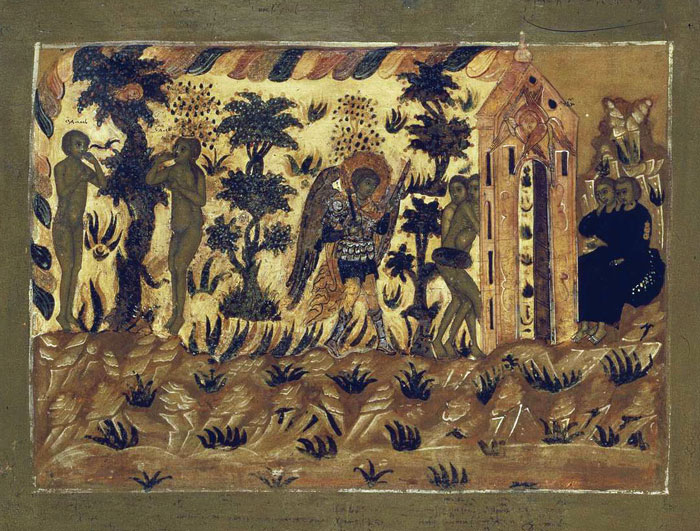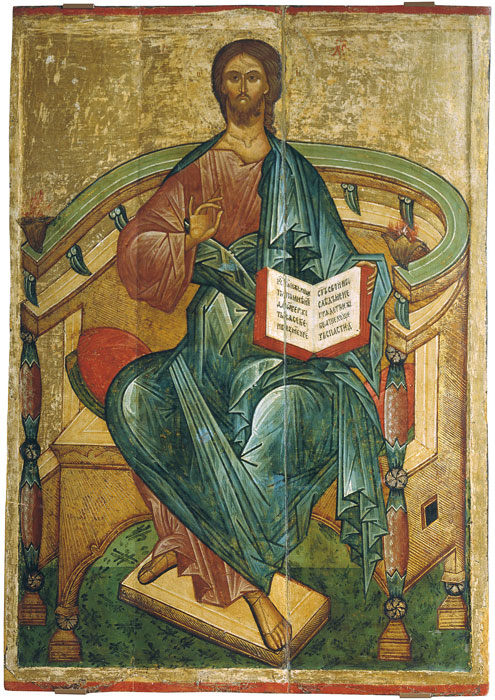From “Ascetical Homilies“,
Knowledge is a rule of nature, and this rule preserves it in all its steps. But faith performs its journey above nature.
Knowledge does not attempt to permit anything to come to it which is subversive of nature, but avoids this; but faith permits this and says: “Thou shalt tread upon the asp and the basilisk, and thou shalt trample on the !ion and the dragon” (Ps. 90: 13) … Many by faith have entered flames, bridled the burning power of fire and passed unharmed through its midst, and walked on the surface of the sea as on dry land. But all this is above nature, contrary to the capabilities of knowledge, and it is shown that the latter is vain in all its capabilities and laws. Do you see how knowledge preserves the bounds of nature? Do you see how faith goes above nature and there traces the steps of its path? The capabilities of knowledge for 5,000 years, or a little more or less than this, governed the world, and man in no way could raise his head from the earth and acknowledge his Creator, until our faith shone forth and delivered us from the darkness of earthly doing and vain submission to the empty soaring of the mind. And even now, when we have found an imperturbable sea and an inexhaustible treasure, again we desire to turn away toward tiny springs. There is no knowledge that would not be poor, no matter how much it might be enriched. But the treasures of faith can be contained neither by the heaven nor by the earth.
–St Isaac the Syrian, Ascetically Homilies
God made this wondrous and altogether harmonious creation for no one else but for you. So beautiful and so vast, diverse, sumptuous, sufficient, useful, and in every way profitable, being sustenance and support for the body, wisdom for the soul, and a suitable path to the knowledge of God – He made it for you.
–St John Chrysostom, On the Providence of God
Do you now see what is at stake in the argument between the Patristic understanding of Genesis and the doctrine of evolution?
The doctrine of evolution attempts to understand the mysteries of God’s creation by means of natural knowledge and worldly philosophy, not even allowing the possibility that there is something in these mysteries which places them beyond its capabilities of knowing; while the book of Genesis is an account of God’s creation as seen in Divine vision by the God-seer Moses, and this vision is confirmed also by the experience of later Holy Fathers. Now, even though revealed knowledge is higher than natural knowledge, still we know that there can be no conflict between true revelation and true natural knowledge. But there can be conflict between revelation and human philosophy, which is often in error.”
– Fr. Seraphim Rose







